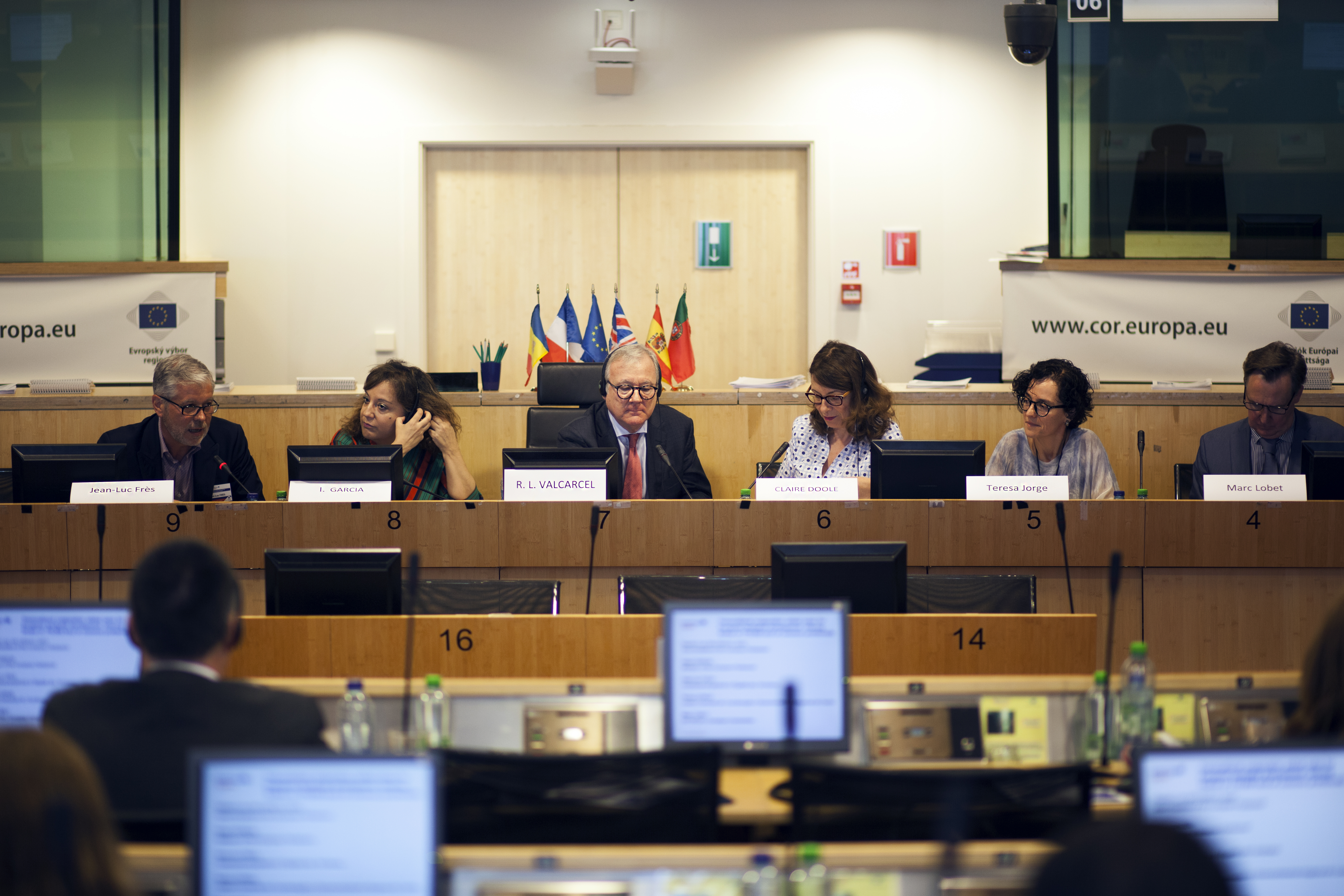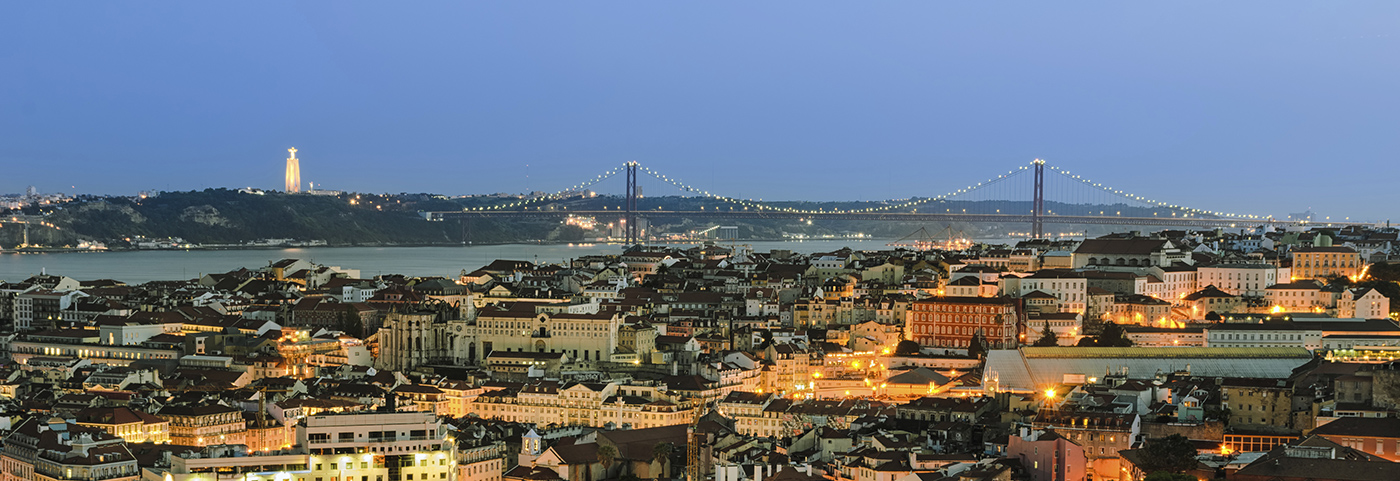Communication
Sudoe News
The Interreg Sudoe Program celebrates sixteen years of success in Brussels
Categoría General
On Wednesday 6th of June, the European Committee of the Regions hosted the Interreg Sudoe programme to celebrate its sixteen years of existence. This event, which brought several high-level political and institutional representatives together, concluded with a strong common message based on the undeniable impact of the territorial cooperation programme for South-West Europe: the need of guaranteeing its durability in the next Multiannual Financial Framework 2021-2028.
This conference aimed at highlighting the results of the Interreg Sudoe programme since 2002 and its impact on the daily lives of its citizens. Opened by Mr Pavel Branda, member of the European Committee of the Regions, the latter underlined the risks linked to focusing on transnational programs with macro-regional strategy as indicated in the European Commission's proposal published on May 29th, to the detriment of other successful programs, such as the Interreg Sudoe program. This intervention was completed by Mr. Juan José SOTA, Counselor for the Economy, Budget and Employment of the Government of Cantabria and Programme Managing Authority, who reminded the impact of the programmme regarding the development of the covered area in the past years. Subsequently, there was a first institutional debate on the impact of transnational cooperation in South-West Europe and the Interreg Sudoe program, with Mr Valcarcel Siso, Vice-President of the European Parliament; Mrs Iratxe García, MEP; Mr Jean-Luc Frès from the General Commissariat for Equality of the Territories, Mrs Teresa Jorge, Head of Unit of CCDR Centro of Portugal and Mr Marc Lobet of DG REGIO, all moderated by Mrs. Claire Doole, former BBC journalist. In this context, the Vice-President of the European Parliament did not hesitate to stress on the importance of guaranteeing the continuation of the Interreg Sudoe programme in the future, due to its contribution to the regional development of South-West Europe while signaling its concern regarding budget cuts and macroeconomic conditions in the Commission's proposals. All the interventions underlined the cooperation culture inherent in the Interreg Sudoe programme as well as the relevance of the specific thematic covered by it, while pointing out the space-specific challenges that will have to be tackled in the future such as depopulation or climate change.
This first panel was followed by a second discussion with experts on European territorial cohesion, including Mr Nick Brookes from the Conference of Peripheral Maritime Regions, Mr Vasilis Margaras from the European Parliament's Research Center, Mr Erich Dallhammer from the Austrian Institute of Studies ORI and Mr Eduardo Medeiros from the University of Lisbon. The stakeholders shared their enthusiasm for the Interreg Sudoe programme, echoing the previous interventions and highlighting the results achieved through the funding of unique and innovative projects. They also highlighted the difficulty of measuring the added value of Interreg programmes as a whole given their nature, while at the same time positioning themselves for the continuity of the Interreg Sudoe Programme.
These debates were completed with the presentation of three projects funded through the Programme and their impact on the territory: TELERIEG on water management, CLIMACT on education for climate change and APSAT on innovation in the aerospace field.




